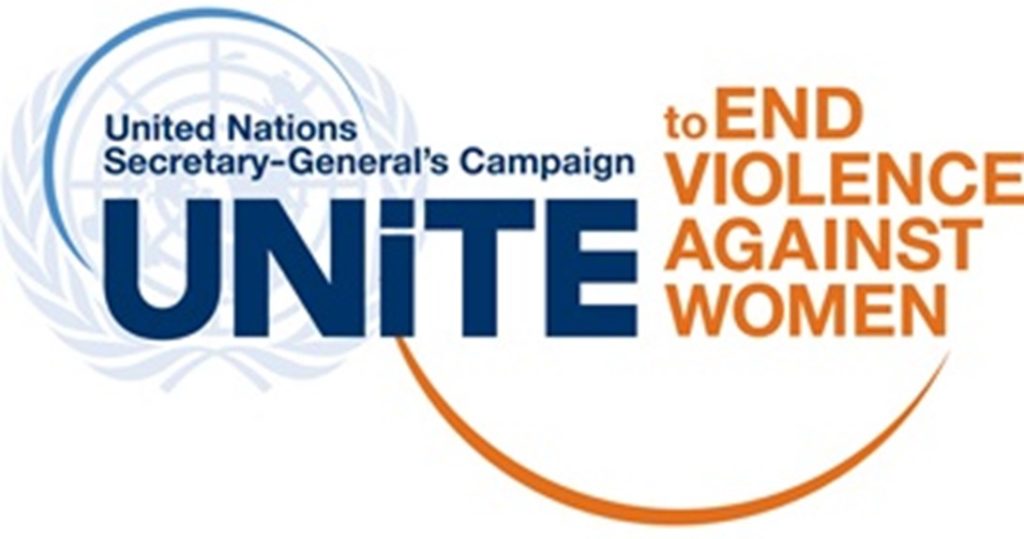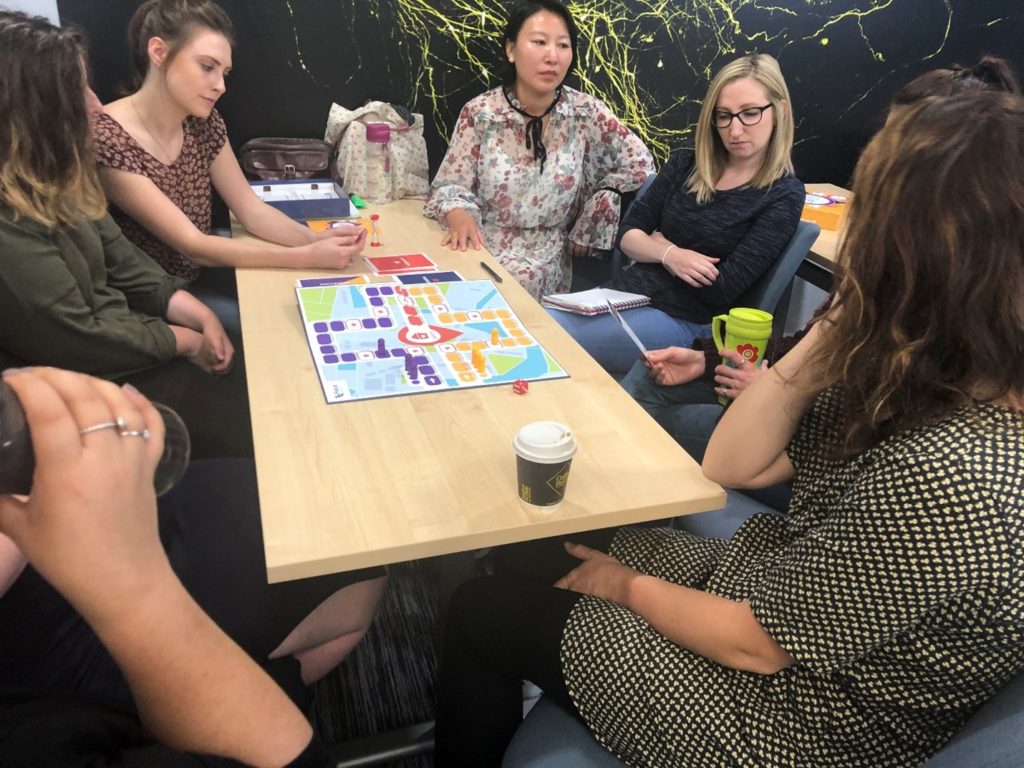IND Case study International Day for the Elimination of Violence against Women: helping nurses to support victims of domestic violence and abuse

Domestic violence and abuse (DVA) is a significant health care issue and women who have been subjected to DVA often seek health care, including for their injuries, even if they do not disclose the associated abuse or violence. Nurses and healthcare providers are likely to be the first professional contact for survivors/victims of DVA. Evidence suggests that abused women use healthcare services more than non-abused women. They also identify healthcare professionals as trusted professionals to whom they can disclose their experiences. However, nurses and healthcare professionals do not always feel confident and competent in asking the right questions and responding to victims of DVA. They need to be able to understand the issues and distinguish between injuries caused by DVA and other causes to be able to support victims effectively.
Dr Parveen Ali and her team from the University of Sheffield have launched an interactive board game to help healthcare professionals support victims of DVA. The Domestic Abuse Training Game aims to help nurses and other health and social care professionals understand the impact and effects of DVA on victims and their families and facilitate discussion about how victims and survivors of DVA can be supported by professionals in various settings. The game was developed and produced in collaboration with Focus games.
1Mahase E (11 May 2020) Covid-19: EU states report 60% rise in emergency calls about domestic violence. BMJ 2020;360:m1872

The game provides nurses and other healthcare professionals with an opportunity to explore various scenarios (with regards to DVA) that they can come across when in practice. The game helps them to think about different situations, reflect on their response and learn from each other to understand how to identify and respond to DVA victims.
An engaging and informative way for groups of up to 12 people to learn, the game can be used as an informal activity in the workplace, or as part of more structured training and workshops.
“It will enable health professionals to be more prepared, to help victims in different situations, to be able to ask questions in a more appropriate and supportive way and to be able to explore their needs more effectively, “ says Dr Ali.
Click here to watch a video about the game or learn about the game and how to order it here: www.dvagame.co.uk
We encourage you to support the 16 Days of Activism to End Gender Based Violence, by downloading information on this year’s theme, Orange to World: Fund, Respond, Prevent, Collect here

